Kids are tiny balls of energy–they are naturally curious and full of life. Your kid can turn into a handful when all that energy isn’t channeled into something. We can buy them toys, give them books, or let them play outside to burn all that fuel, but there’s also another strategy you can try—teaching them how to cook.
Teaching kids how to cook can be an excellent experience for you and your child. It can be a good way for you to bond while teaching your kid a basic life skill in the process—an essential skill that can potentially transition into talent and a source of pride in the future, which they can achieve with your guidance.
Cooking can also be a means for your kids to learn important values like patience as they wait for their meal to get cooked, discipline to not lick the cookie dough, problem-solving for figuring out the best ingredients to use—and, of course, creativity as they explore the endless possibilities of flavors, dishes, and vibrant colors that cooking offers.
What is Cooking for Kids?
Cooking for your kids and cooking with your kids are very different activities. Kids are notoriously picky eaters and might rather eat hotdogs and cereal every day if no one stops them. Teaching kids how to cook can help improve their palate for more intricate dishes, and it can also be a way for you to introduce healthy ingredients to their diet that they may be more willing to try since they took part in (and feel proud of) making it.
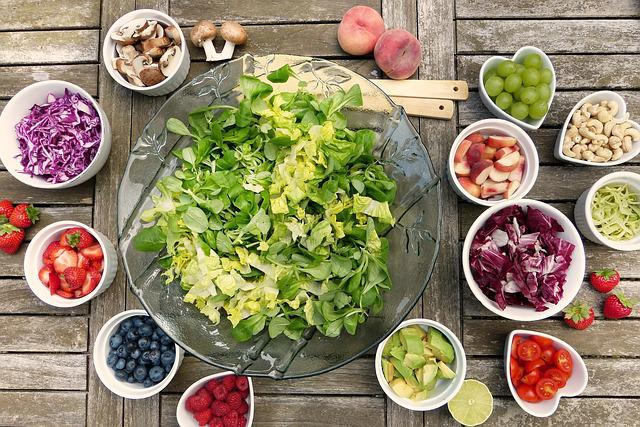
Of course, not all kids will be too keen on cooking. Kids are, after all, just kids, and their short attention spans can get in the way of this activity. So, as parents, we must be creative to ensure that our kids will have a grand time. Getting creative can help teach them how to cook and help them develop an interest in cooking.
One good way is to incentivize the activity. You can treat them to ice cream after cooking a meal together or offer them praise for doing such a great job. Kids love recognition, and cooking can be a way to get the attention they are always seeking from you. But for some kids, just spending time with a loving parent would be enough for them to stick around.
Another way to get your kids into the kitchen and make them stay there is to be gentle at all times. We must remember that we’re dealing with children prone to make mistakes, especially in something as complex as cooking. Remind them that mistakes are okay and mistakes can be fixed. Your child will appreciate your patience.
At What Age Can a Kid Start Learning How to Cook?
Kids catch on quickly and retain information better than we usually give them credit for. Teaching them how to cook doesn’t mean you’ll immediately be arming them with a spatula. Start with something like letting them watch you cook instead of shooing them away or letting them help in simple tasks like preparing the table or letting them wash fruits and vegetables.
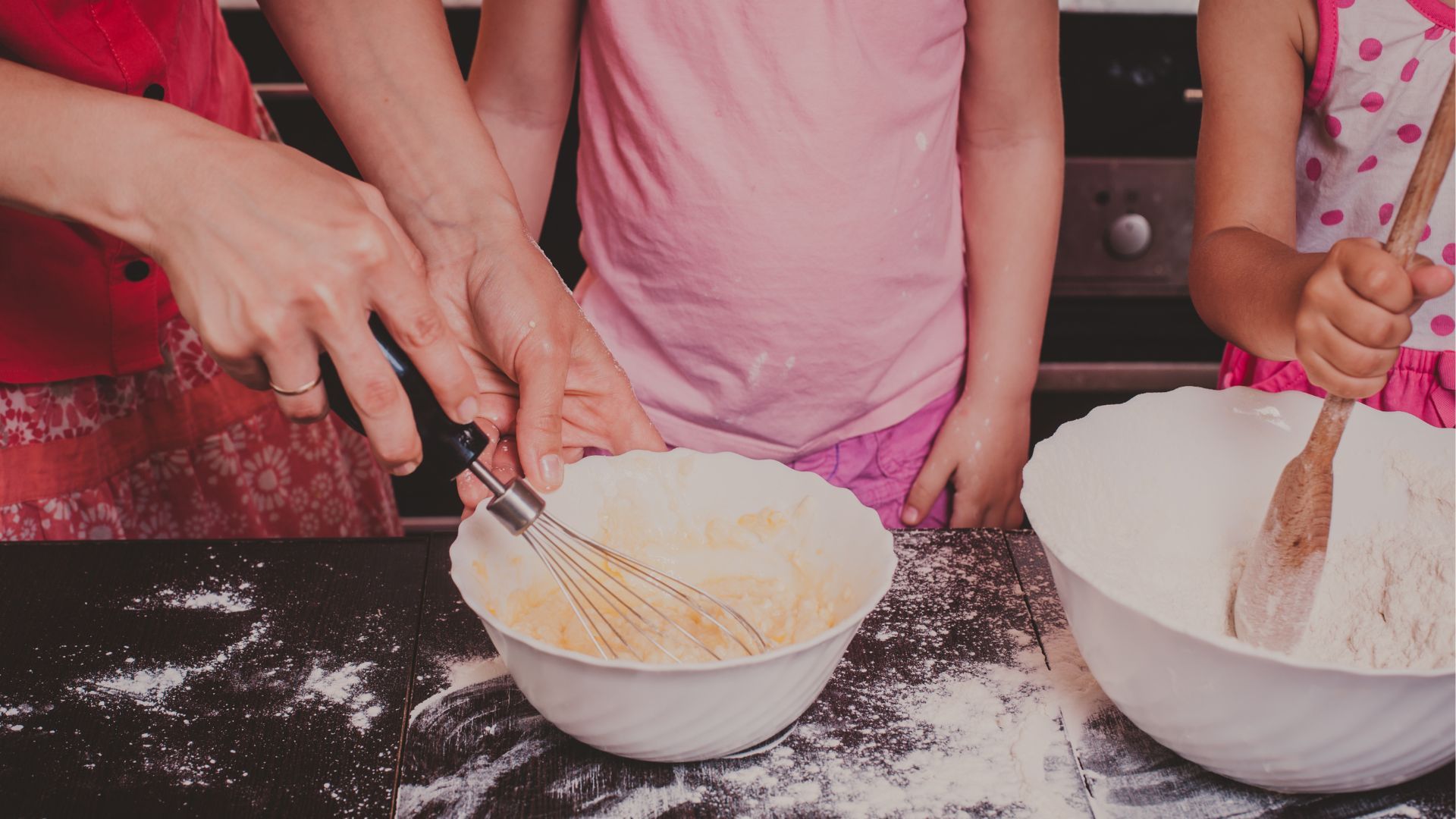
As long as the child is involved, their interest in cooking will most likely stick. So, start them young and start slow and easy. Delegate simple tasks based on the child’s age and the thing they would much prefer to be doing. Notice that your kid likes to help out by passing you ingredients? Or maybe something a little more complex, like stirring sauces? Then, let them.
By basing the child’s age on what they can do, you’ll have a clear idea of what task they can help you better with.
2 Years Old get kids involved
At two years old, kids can start with the easiest and safest of tasks. Of course, they’ll still need much of your guidance, but starting them this early can give them a clear idea of what cooking is about and why it is important.
As a 2-year-old, they’re already capable of doing things like:
- Wiping tabletops
- Washing fruits and vegetables
- Tearing lettuce or greens
- Breaking cauliflower or broccoli into pieces
- Carrying ingredients from one place to another
3 Years Old you can start fun recipes
At the age of three, children start to grow more rapidly, acquiring and developing fine motor skills. This milestone allows children for more hands-on tasks. They now have much better coordination in their bodies and are now capable of helping in ways where they’ll feel more involved in the cooking process.
These tasks include:
- Kneading and shaping dough
- Mixing or pouring ingredients
- Shaking liquids in a covered container to mix them
- Applying soft spreads
- Putting things in the trash
4 Years Old
At four years old, the control of their bodies only gets better and better. They’re now capable of much more coordination-intensive tasks than a 3-year-old, especially with the use of their fingers. With your supervision, they can now use tools like safety scissors and utensils to cut or mash ingredients.
4-year-olds can help with:
- Peeling oranges or hard-boiled eggs
- Mashing bananas or cooked beans with a fork
- Cutting parsley and green onions with kid-safe scissors
- Setting the table
5 Years Old start to show fine motor skills
5-year-old kids now have better motor and cognitive skills, allowing them to grasp essential elements in cooking like rapidly mixing ingredients such as beating eggs or gaining the concept of measurement.
At five years old, they can now:
- Beat and whisk eggs
- Measure ingredients that aren’t hot
Start kids cooking, But With Your Guidance
Kids have a lot of creative energy to express, and cooking can be a way to channel that creative energy into something that they’ll love—further ingraining the idea that creating something is good. However, this does not mean they fully grasp the concepts of flavor, taste, balance, etc. All they have is the pure energy of just creating something.

As their teacher, you can give them the chance to create something original, with ingredients to choose from that you know work well together and are, of course, safe (foods that aren’t a choking hazard). By limiting their choices but letting them choose the ingredients, you’ll ensure that your kids enjoy the meals they create. A gentle illusion of choice, if you will.
A 2020 study on how a child’s creativity can be affected by afterschool programs and parent-child relationships revealed that an “autonomy style” of parenting involving a parent letting a child make decisions for themselves improves their self-regulation, judgment, and problem-solving skills.
Things That Kids Should Know Before Cooking
When you decide to let your child enter the kitchen, Before we start cooking, certain rules must be imposed and followed. These rules ensure a safe environment for young kids and a more sanitary approach to cooking. Explain why these rules are there, so they’ll gain an understanding of why this is important, as opposed to just expecting them to follow orders they don’t understand.
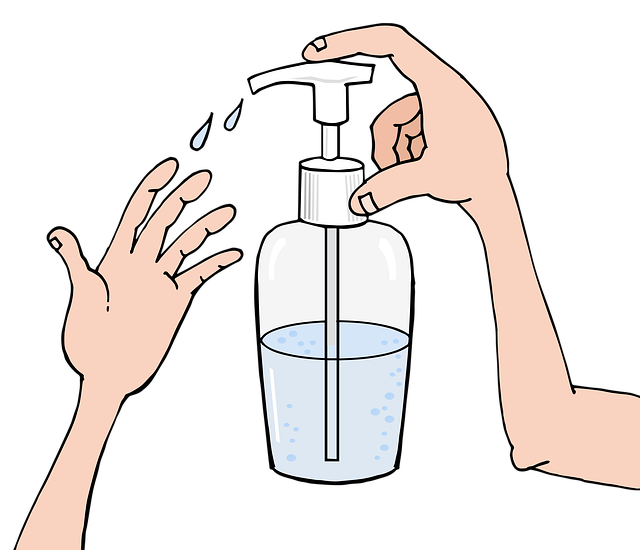
Doing this also reinforces a child’s discipline at a young age, not through fear but through understanding even the littlest ones. If somehow your child missed a rule or two, gently remind them, but don’t scold them. Explain which rule they broke and how, or maybe ask the child to repeat the rule to you, something the whole family can help with. What we say to a child can be very crucial to their emotional growth and development.
These rules are also very important for you as a parent, as these rules maximize safety for everyone, especially in terms of sanitation. Clean hands and kitchen surfaces can go a long way in avoiding trips to the hospital, which can cost money, and most importantly, your child won’t feel that they’re the reason why you’re sick in the first place.
These simple rules are:

- Washing hands before handling food - Hand washing significantly reduces the risk of foodborne illnesses, so this rule is universal and applies to kids and you. This is also basics when you handle raw chicken, butter, ground meat and milk.
- Pull back long hair - Long hair while handling food and flames is a disaster waiting to happen since unkempt hair can easily catch on fire. Consider using hair ties, scrunchies, or even hair nets to avoid this. Like handwashing, you must also adhere to this rule if you have long hair.
Keep countertops and kitchen surfaces clean - Kitchen countertops are very unsanitary and should always be thoroughly cleaned. As a matter of fact, a 2017 study on the prevalence of pathogens in home kitchens confirmed that 45% of homes tested positive for foodborne pathogens, and 12% had multiple pathogens present in the kitchen.
- Tasting should be only done on cooked food - Food tasting should only be done when food is thoroughly cooked, especially for your child. That means raw meat, vegetables, and every child’s favorite, cheese, dessert, tomatoes and cookie dough.
Cookie dough may seem innocent, but the CDC claims otherwise since pathogens like Salmonella and E. Coli may be present in raw eggs and flour, which may cause food poisoning.
- Refrain from double-dipping - Double-dipping utensils like spoons can transfer bacteria from your mouth into the food. This is unsanitary, and it might be a health risk since double dipping three to six times would transfer about 10,000 bacteria from the eater’s mouth to the dip. Always have more options available and super easy to get new utensils on site.
- Separate raw and ready-to-eat ingredients - Cross-contamination can happen at any time when you put these ingredients close to each other. Also, discourage your child from touching raw food, such as meat, when handling food. If your child does touch them, ask them to wash their hands again.
You are the boss in the kitchen - Authority must be clearly imposed in the kitchen. You know what’s best in ensuring safety for you and your child, so ensure that your kids follow your instructions and orders. Your personal discretion is still best when undue situations occur, like fires or spilled ingredients.
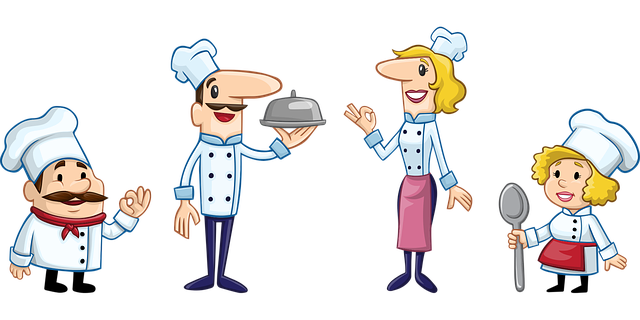
Let Them Watch When You Cook
Children explore their surroundings through their senses, and food's sight, smell, and taste may pique their curiosity and interest watching you follow healthy recipes. When you’re cooking, and if your child wants to be in the kitchen, let them watch, may start with help you get the items that the recipe calls for next. But set rules and boundaries such as no playing in the kitchen or that they shouldn’t touch hot or sharp utensils.
Also, consider being more responsive to your child as they observe. Answer any questions that they may have, and explain the reasoning behind cooking elements, why you used melted butter on the muffin tin or such as why you need to slice or cook the food in the first place. Children can be very curious and may ask trivial or arbitrary questions, so be patient with them and answer as politely and gently as possible.
Give Them Tasks Little by Little
When your kid finally decides to join you in the kitchen, give them easier tasks, such as washing fruit and vegetables or maybe letting them pour ingredients that don’t splash, like salt or pepper. It is crucial to make them feel that they’re involved since learning is more likely to take place when they are actively participating in the process.
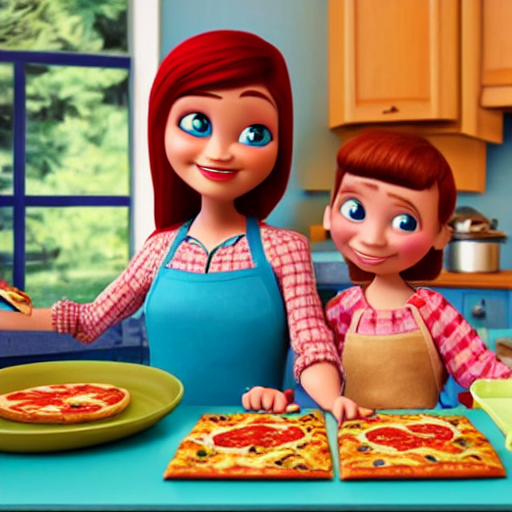
As they become more interested, they’ll naturally want to do something more hands-on. So, teach your child the most basic of skills with your guidance, such as stirring and mashing ingredients. If they’re old enough and capable, let them measure ingredients on plastic measuring tools since entrusting glass to children can be dangerous.
Boost Their Confidence
The influence of feedback relies on how it is perceived. If done wrong, constructive criticism may be futile and disappointing for a child, or worse, it can even turn them off from cooking altogether. So if you cooked something that could’ve been better, encourage your child and boost their confidence, tell them that what you made was good, then talk about how to make it even better.
On the other hand, if you cooked something great, praise your child—let them know they were a big help in your delicious creation and thank them for their efforts. Your child will develop confidence in themself and will likely join you for more kitchen adventures.
Advantages and Disadvantages of Teaching Kids How to Cook
Teaching kids how to cook can have several pros and cons. Since cooking is a basic skill that needs to be learned, the pros would generally outweigh all the potential cons. Nevertheless, here’s a quick breakdown of the advantages and disadvantages of teaching your kid to cook.

Advantages
- Your kid learns a life skill - Cooking is one of the most basic life skills, and teaching your older kids how to cook can improve their independence.
- Your kid learns virtues - Patience and discipline are virtues that your child can pick up from cooking.
- Improves their perception of food - Children may appreciate food more and have a more optimistic perception of it since they’ll feel more inclined to try other food over hotdogs and ice cream. They’ll also be more willing to try new food.
- You can bond with your child - Being a parent also entails the responsibility of forming closer ties with your children, and cooking can be a great way to bond with them.
- Your child will have something to do - Again, children are balls of energy, and cooking can be a great way to channel some of that energy into something creative or worthwhile.
Disadvantages
- It can get messy - Naturally, cooking with a child can be messy, especially if they’re young and their fine motor skills are still slightly off. However, this can be a chance for to teach kids to learn about cleaning up messes and why cleaning is important. Where all the can opener, spoon, bowl and left over veggies and flour are stored.
- Cooking times would get longer - Since little ones need a lot of supervision, your cooking times would get substantially longer since you’ll be focusing on two tasks at once, looking out for your child and cooking. Consider teaching them and letting them participate only when you’re not in a hurry or if you have time to spare.
- You’d have less time for yourself - If you consider cooking as a therapy or a way to relax, this can be quite the challenge if children are involved in the process. Not to mention that you’d also be limited to cooking simple and basic meals, which can be an issue if you want to challenge your cooking skills constantly. However, if you have fun recipes and still kids involved in the process the little ones can do their favorite things to help.
- Injuries can happen - You must consider potential risks when letting children into the kitchen, so we must always be ready. Always have a first-aid kit nearby if you or your child gets hurt. Always be on alert if little ones are around a hot oven.
Conclusion
Teaching kids early and exposing them to the kitchen atmosphere can be amazing for a child’s development. The delightful stimuli of tastes, smells, and sights can be a magical experience for a child to keep their mind active. By starting your kid early, they’ll learn to appreciate food more, but more importantly, appreciate their loving parents more for spending time with them in the first place.
Frequently Asked Questions (FAQs)
Should all kids learn to cook
Cooking is a fundamental life skill that everyone should learn. It's a way to show love and care for others, and it's also a great way to bond with friends and family.
There are so many benefits to learning how to cook tasty food . For one, it can help you save money. Eating out all the time can get expensive, but if you know how to cook then you can make your own meals at home for a fraction of the cost. From easy recipes that may be vegetarian to pasta meals you can whip up on site.
Cooking is also a great way to stay healthy. You have complete control over what goes into your food when you cook at home, so you can make sure that you're eating healthy, nutritious meals.
Why is cooking good for children's development
Cooking is good for children's development because it teaches them how to follow directions, be patient, and work systematically. It also helps them develop their math skills as they measure ingredients and learn about fractions. And of course, cooking is a great way to get kids interested in healthy eating.
Why families should cook together
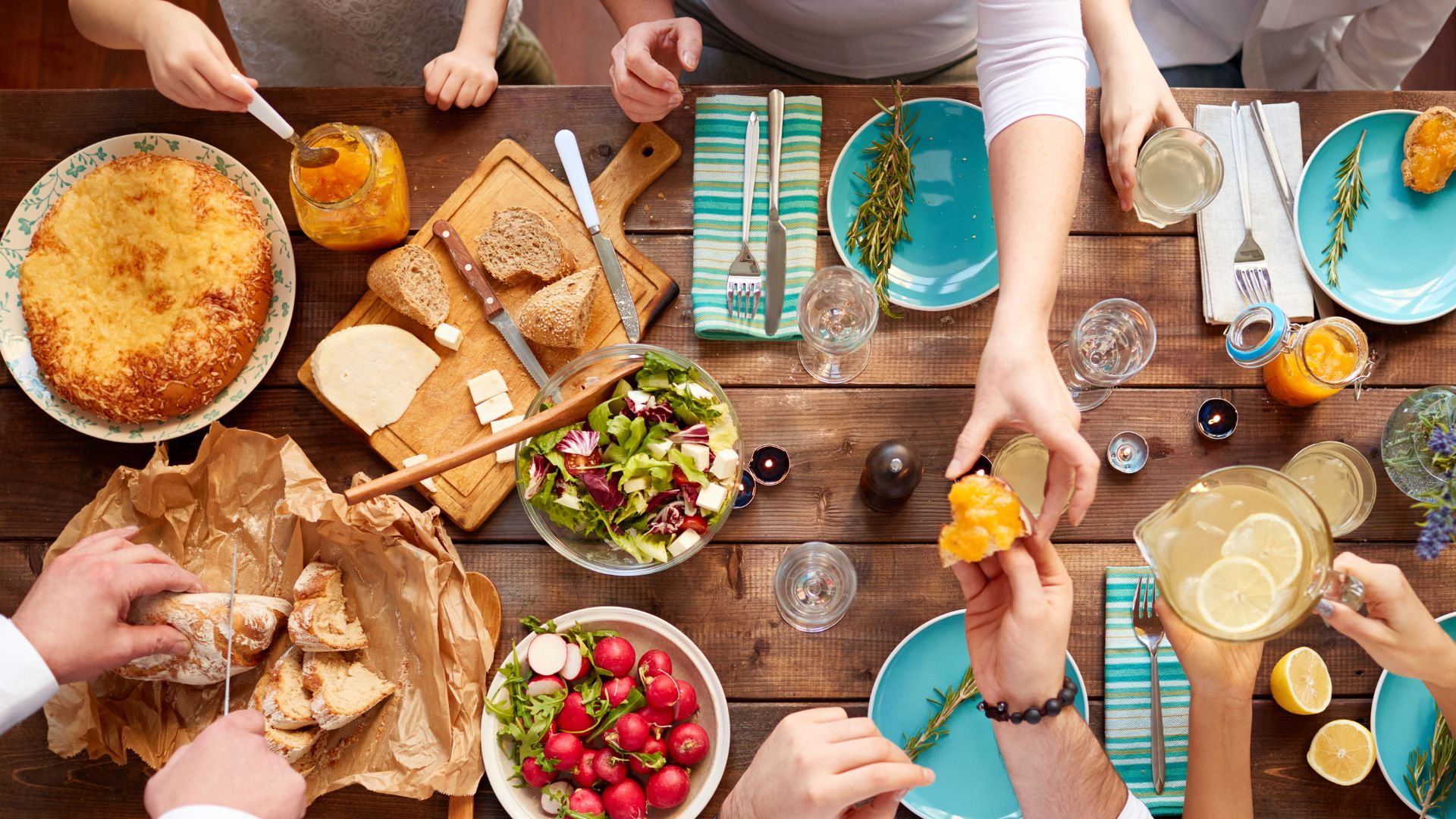
There are many benefits to cooking together as a family. For starters, it brings everyone together and provides a fun activity that families can do together. Cooking also gives you the opportunity to teach your kids about healthy eating habits and how to cook nutritious meals.
Cooking together also fosters communication and cooperation within families. It teaches kids how to work together as a team and how to compromising in order to reach a common goal. And finally, cooking together is a great way to spend quality time with your loved ones.
Can kids cook pizza at home
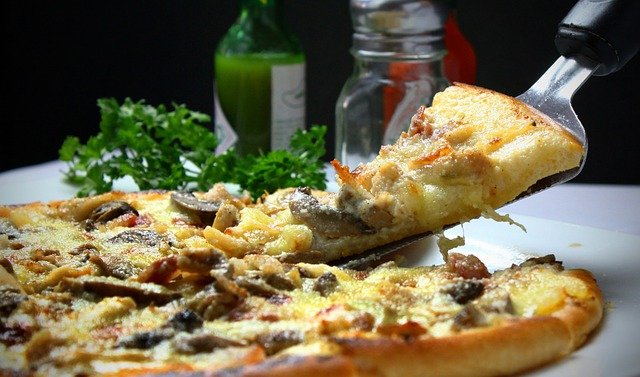
Yes, kids can cook pizza at home! In fact, making pizza is a great way for kids to learn about cooking and food. Here are some tips for making sure your kids make a great pizza:
1. Let them choose the toppings, taco pizza, peppers, cheese or half and half this will fill you up.
2. Help them measure and mix the ingredients. This is a great opportunity to teach them about measurements and following recipes.
3. Let them have fun with shaping the dough. It doesn't have to be perfect!
4. Put on some good music or let them watch a movie while they wait for the pizza to bake.
What are some desserts kids can cook at home
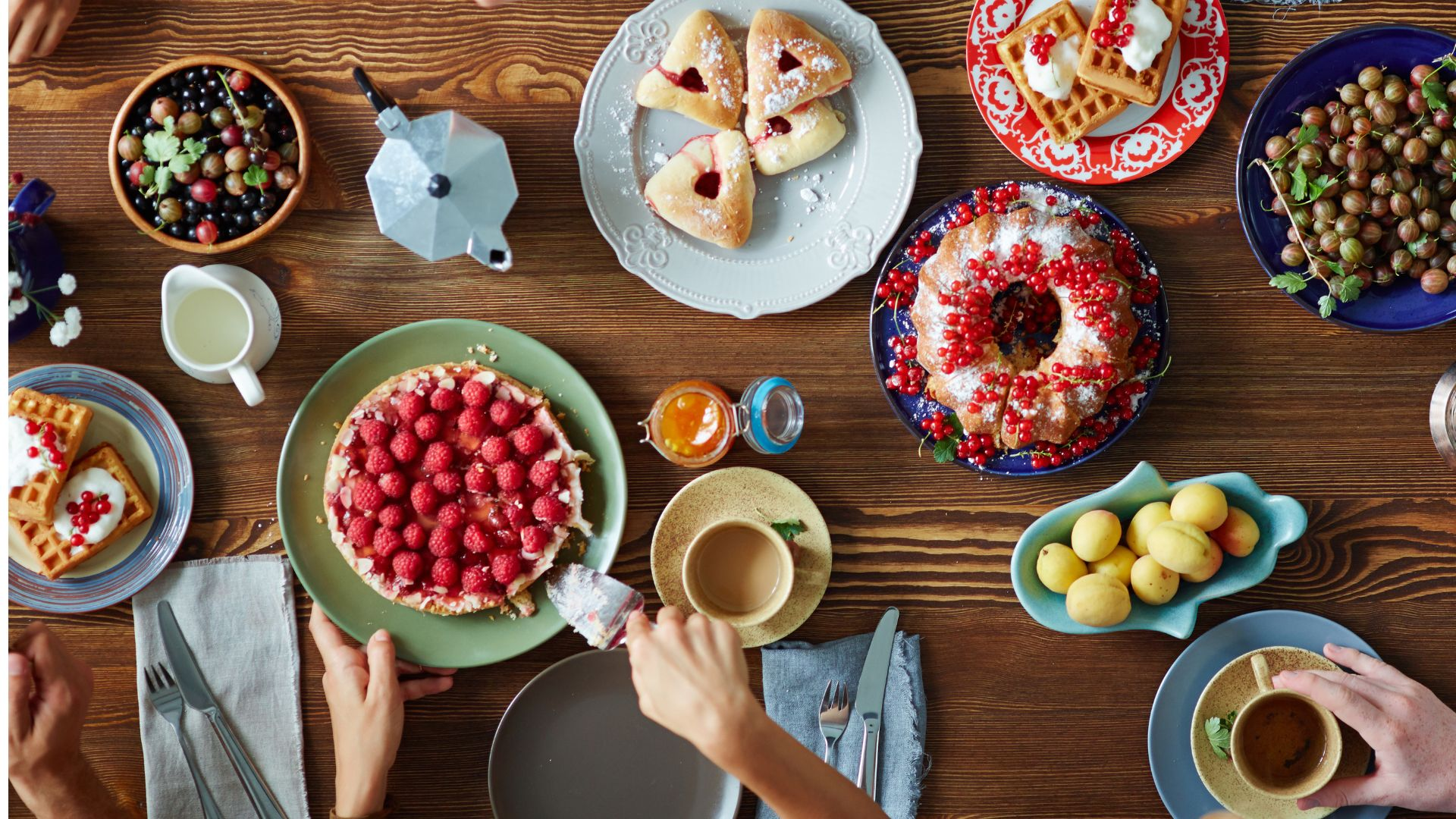
There are plenty of desserts that kids can cook at home. For example, they could make a simple fruit salad, yogurt parfait, or banana bread. Kids can also get creative and make their own recipes. Some fun ideas include chocolate chip cookies, brownies, or homemade ice cream. As long as kids are supervised closely and follow the directions carefully, they should have no trouble cooking up a sweet treat.

